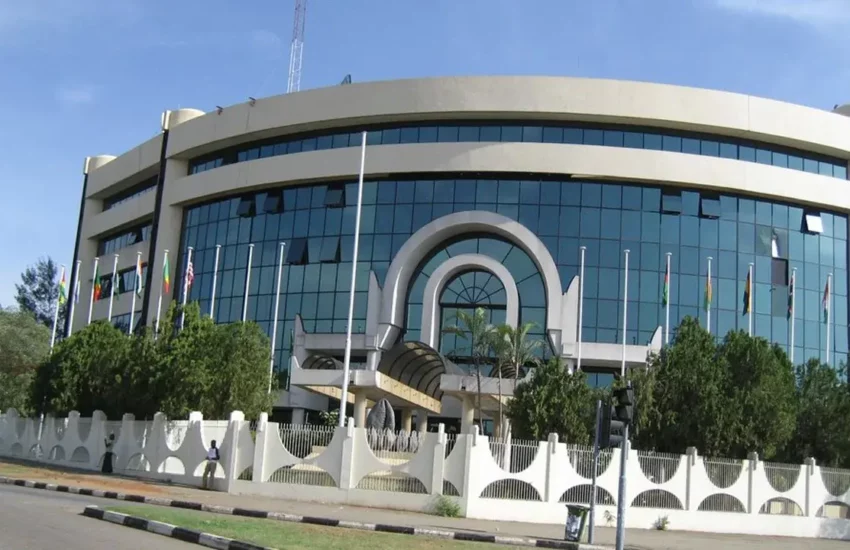The necessity to preserve regional security and solidarity guided the decision to suspend sanctions against Mali, Niger, and Burkina Faso, according to the Economic Community of West African States (ECOWAS).
At the conclusion of the emergency meeting of the ECOWAS Heads of State and Government on Saturday in Abuja, Dr. Omar Touray, the President of the ECOWAS Commission, made this statement.
He added that the authority had received appeals from well-known figures, such as retired General Yakubu Gowon, and that it had noted the impact that the impending month of Ramadan and the Lenten season were having on the populace.
The authority acknowledges that the withdrawal will affect the three member countries as well as the ECOWAS region on a political, social, socioeconomic, financial, and institutional level.
“The authority recalls that the three countries benefited from approximately $100 million in US dollars that UMR mobilized within the framework of the ECOWAS plan of action against terrorism, as part of regional cooperation against violent extremism, terrorism, and organized crime.”
Additionally, a financial commitment of roughly 7.5 million US dollars is being made to assist the three nations in obtaining the tools necessary to strengthen their counterterrorism efforts.
Security cooperation in terms of intelligence sharing and involvement in regional counterterrorism initiatives will be impacted by the withdrawal.
“For example, the Multinational Joint Task Force and the Accra initiative,” he remarked.
Touray went on to say that the countries’ exit from the sub-regional grouping will result in their isolation on the international stage, where they had garnered support for their candidates running for posts abroad.
The authorities acknowledge that the citizens’ immigration status will automatically be impacted by the withdrawal, since they could need to apply for visas in order to travel inside the region.
“Citizens may be subject to various national laws and may no longer be able to reside or establish businesses under the ECOWAS arrangement.”
The three member states account for 17.4% of the 425 million people living in the region, according to the authority.
The ECOWAS market will shrink as a result of their exit, despite the fact that they account for 10% of the region’s GDP.
According to him, the Regional Food Security Reserve is one of the regional projects and programs that resulted in the benefits of trade and the lifting of the sanctions.
